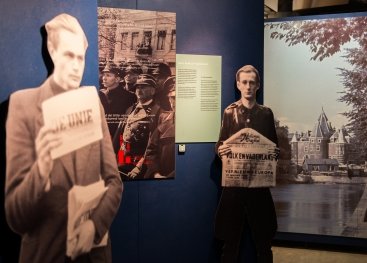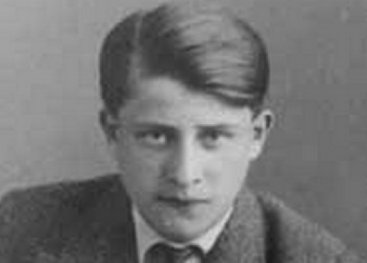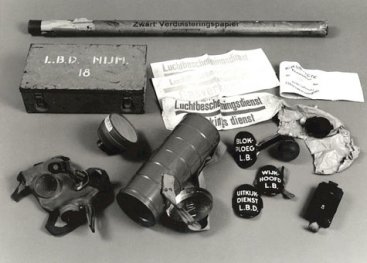
Stay on?
In the interest of the people
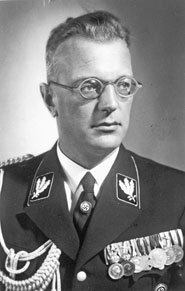 The occupiers abolished democracy. Parliament was dissolved. The Austrian Arthur Seyss-Inquart arrived to govern the Netherlands with a small occupying force. Dutch officials had to carry out German laws. In 1937, the Dutch government had stipulated that civil servants were to stay on in times of war as long as it was in the interest of the people. But when was staying on no longer in the interest of the people?
The occupiers abolished democracy. Parliament was dissolved. The Austrian Arthur Seyss-Inquart arrived to govern the Netherlands with a small occupying force. Dutch officials had to carry out German laws. In 1937, the Dutch government had stipulated that civil servants were to stay on in times of war as long as it was in the interest of the people. But when was staying on no longer in the interest of the people?
Replaced
Anyone who stepped down was usually replaced by a member of the Dutch nazi party NSB (Nationaal-Socialistische Beweging). This was a major dilemma, especially for civil servants in positions of authority such as mayors.
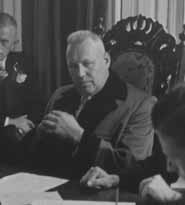 Mayor Boot of Wisch en Terborg in the eastern region of De Achterhoek wanted to stay on for as long as possible:
Mayor Boot of Wisch en Terborg in the eastern region of De Achterhoek wanted to stay on for as long as possible:
'I believe it is permissible to lie to the occupiers and be deceptive as long as Dutch interests are being served.' In June 1943 he still wrote, 'In a word, it is a pleasure to play one German authority off against another.' But in September 1944, he was forced to turn in 500 people to work on the German line of defence along the IJssel. He decided to resign and go into hiding.
Eventually, more than 30% of the mayors were to step down or be removed.
To stay or not to stay
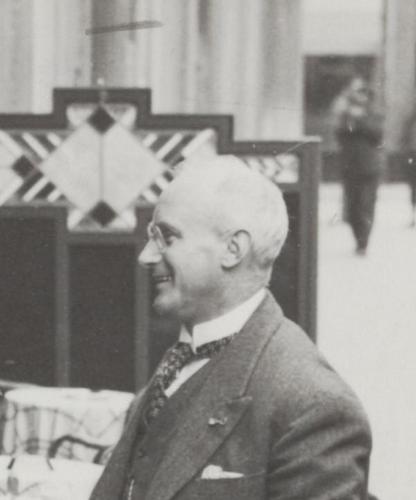 For K.J. Frederiks, secretary-general of Home Affairs, there was hardly any choice:
For K.J. Frederiks, secretary-general of Home Affairs, there was hardly any choice:
'If I step down,' he reasoned, 'the highest positions of the Interior Ministry will be taken over by NSB members. The result will be the conscription of young Dutch men into the German armed forces. I don't care if I am maligned by principled people due to my staying on. The country must be served.'
The illegal newspaper Het Parool wrote in December 23rd 1942:
'If, on the 15th of May, the Germans had plainly said to the Dutch officials, "This is our programme," the officials would have responded, "I'd rather be dismissed." The Germans understood this and chose the more subtle approach of slowly undermining civil service resistance.'
Six-and-a-quarter cigarette extinguisher
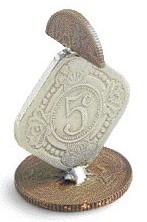 A cigarette extinguisher made from six-and-a-quarter cent coins.
A cigarette extinguisher made from six-and-a-quarter cent coins.
Zes-en-een-kwart [six-and-a-quarter] was a commonly used nickname for Seyss-Inquart. It is not simply a corruption of his name, the ‘quarter’ also refers to his crippled leg. Other nicknames for Seyss-Inquart included Hinkelepink (‘hobbler’), Leyss Hinkwat (‘slug limp-it’) and Judas Mankabenus (‘Judas Limp-a-legus’).]
